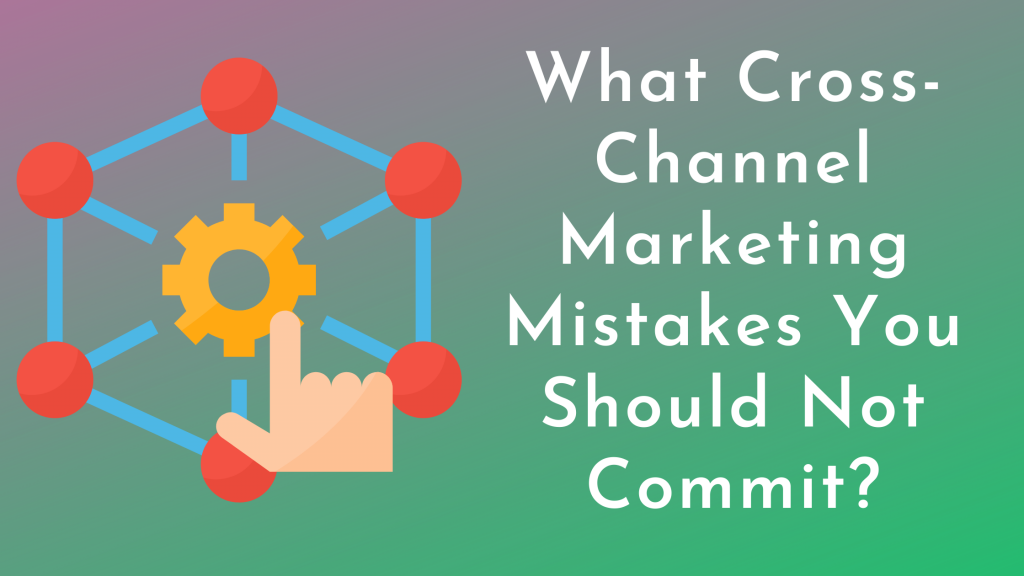Just doing marketing isn’t the only thing that could benefit businesses. In fact, that have to do it right way and include different methods and tactics for marketing purposes.
Multi-Channel Marketing vs. Cross-Channel Marketing
Talking about different marketing ways, you might have heard about multi-channel marketing, which is quite popular a way. However, some of you might have also heard about cross-channel marketing. Both are different in how marketers approach these tactics. If you are availing internet marketing services for your brand you need to know about these both, and how your service provider is rendering these and leveraging the tools to your brand’s benefit.
Multi-channel marketing is all about making use of different channels like paid search, organic search and social media to spread the word about your brand and increase inbound traffic and sales conversion.
While multi-channel is something that most marketers resort to, cross-channel marketing is somewhat new and now gaining more and more notion. This type of marketing means leveraging the different channels of marketing in a strategic way to ensure a better-connected experience for the users. That means staying engaged with the target audience through a channel when they are shuttling across multiple platforms. Increased engagement, better insights into market and consumer behavior, these are some of the advantages that cross-channel marketing provides.
While cross-channel marketing does tend to give you advantage at each stage, it all depends on how strategically right you are executing the process and avoiding some common mistakes.
Here we list down some key mistakes that you should not commit in your cross-channel marketing process:
Not Complying with the Platform Trends
While you are creating a channel to get engaged with the user moving from one platform to another, you should be able to adjust your marketing word and approach specific to the particular platform. When one user is on Twitter, they wouldn’t like to see a content familiar to Instagram profile. There is no single method that is applicable across all the channels, and you have to be wary of that.
Same Offer on Every Channel
Similar to the above-mentioned mistake, while you would create a specific Facebook ad for that platform, it won’t go well on the Instagram page. You can’t show the offer present on Facebook on Instagram or Twitter in the same way. What offer worked well for Google ads won’t be suitable for any social media channel. Therefore, whenever you are changing the platform, make sure to modify the offer campaign accordingly.
Inconsistency in Message
What are you saying on Google contradicts what you are saying on Facebook? Consistency in your message delivery across different channels is must, and so you should be aware of how to keep the constant message across all the different platforms.
Audience Re-Targeting Inconsistency
On each platform you have the chance to re-target audience. While it has to be done specific to the channel, the ground you have to cover remains the same. Make sure that you are sticking to a constant approach. If you are re-targeting one particular user on Facebook with a specific campaign, do that in a similar way on Twitter or another platform. If you are excluding a user from re-targeting on one platform, do that across all the platforms.
Be Flexible in Budget
Each marketing platform has to be leveraged by allocating a budget for that. You won’t get high returns when most of your marketing budget is for one platform, such as Facebook, while you leave out little for other platforms. This can be done when you are not concerned with cross-channel marketing, but when your approach is such, you have to be flexible while looking at all the platforms in the same realm.
When you are working with a SEO company in India or elsewhere for your brand promotion, make sure that you are making the most of the cross-channel marketing with the right and fitting approach to gain desired results.

